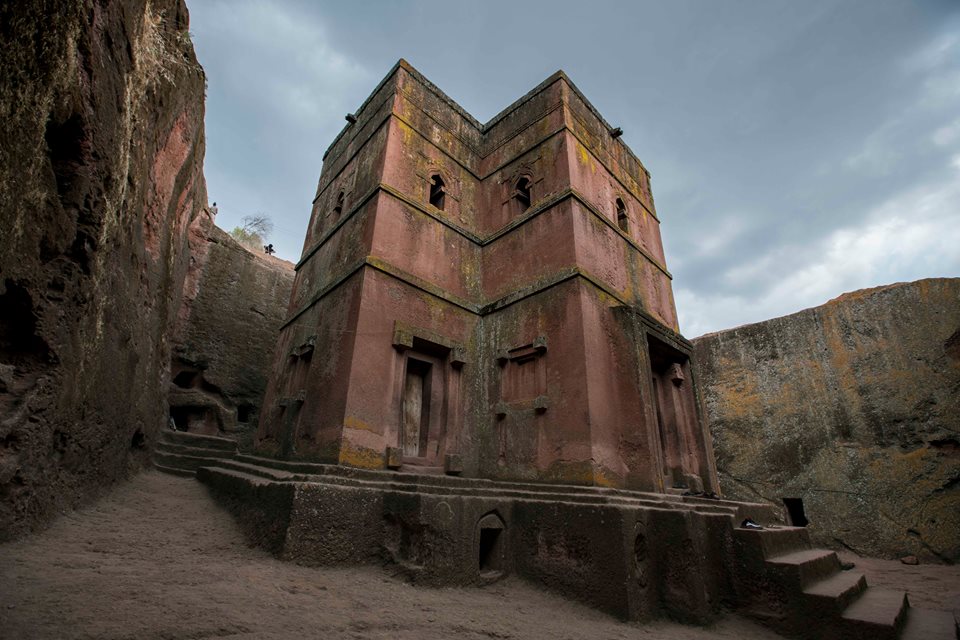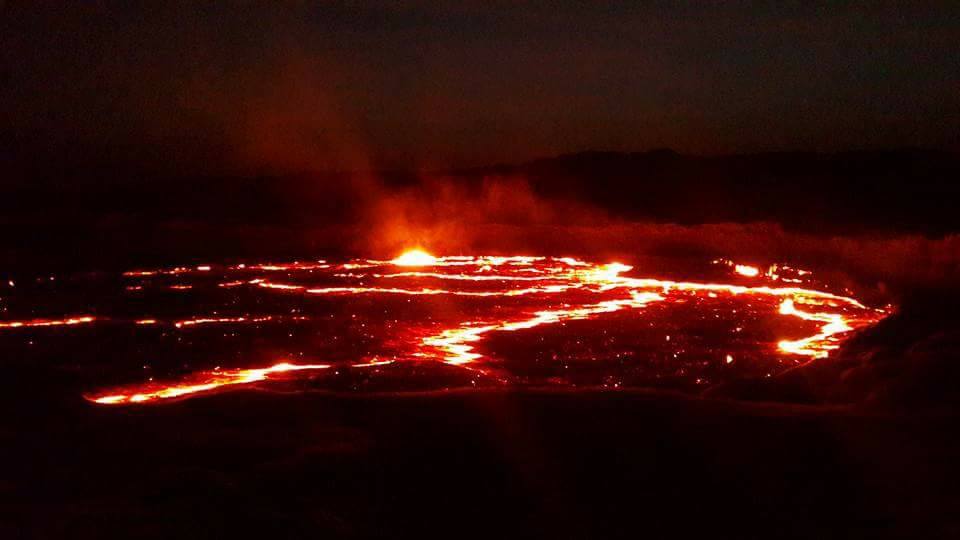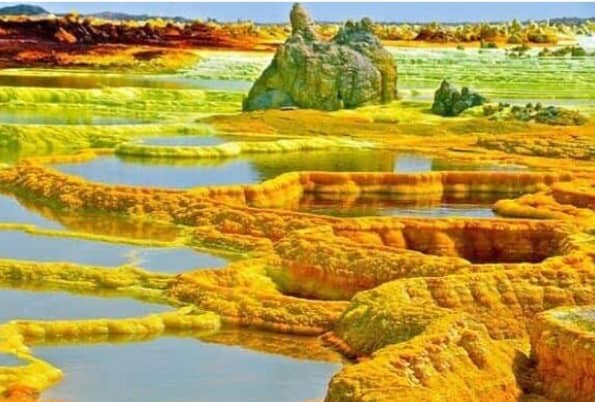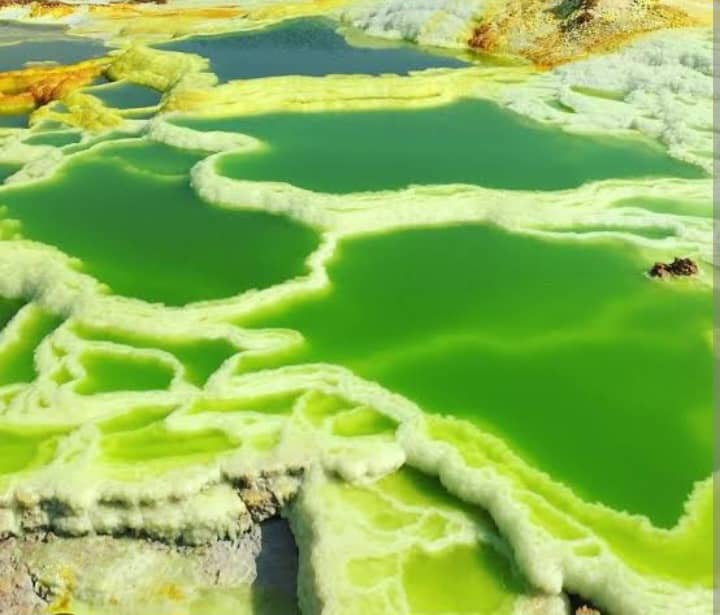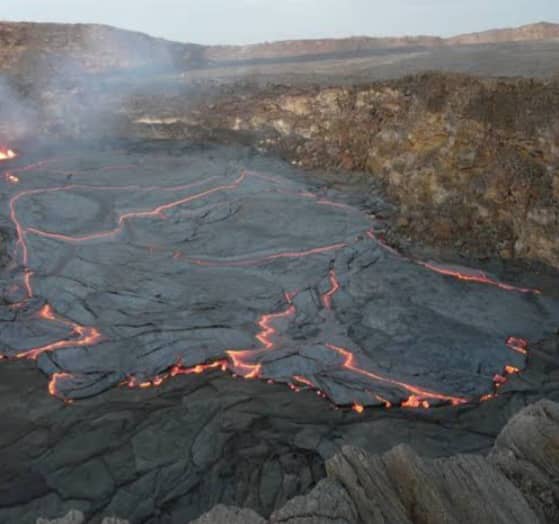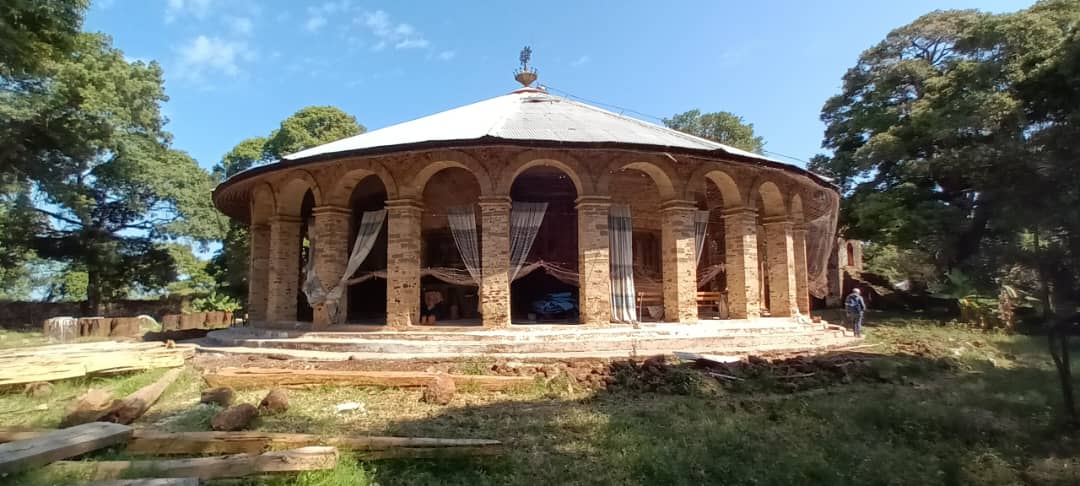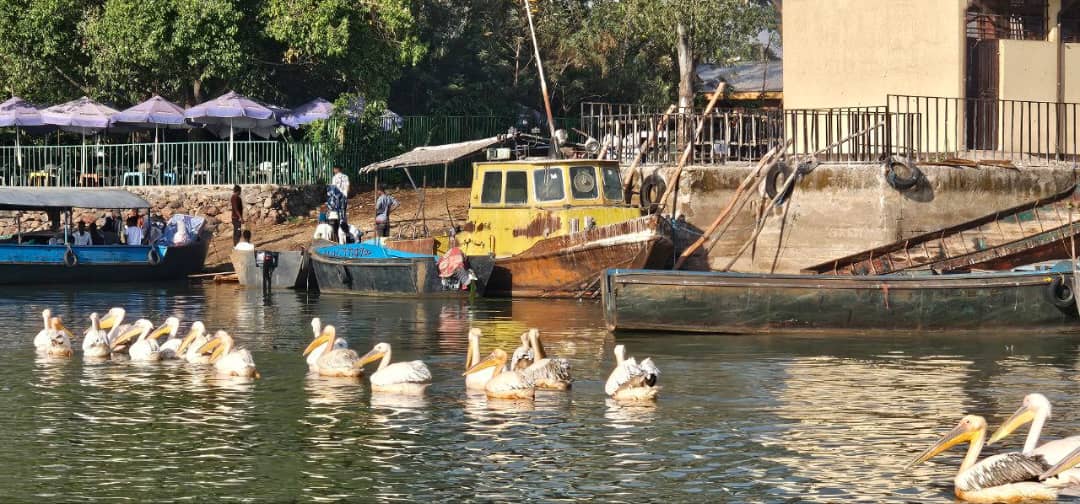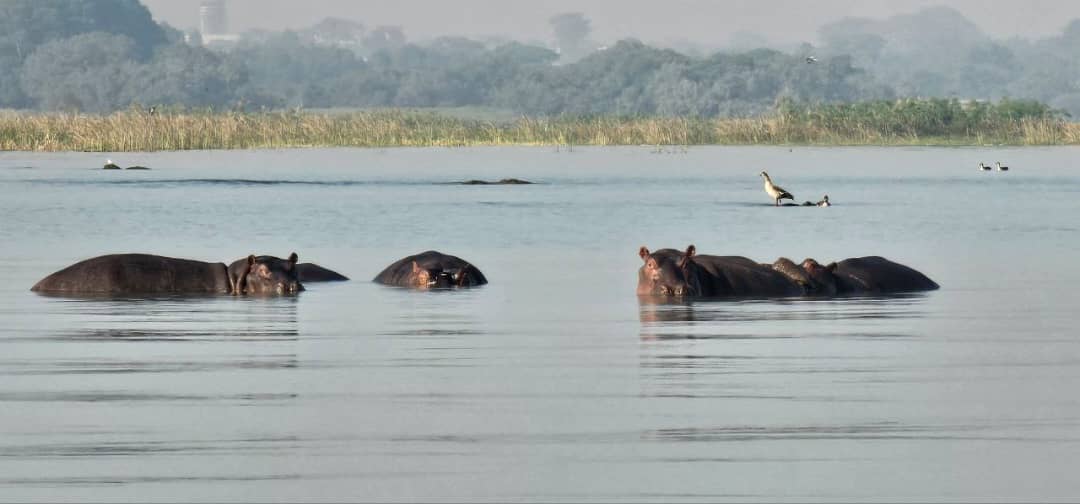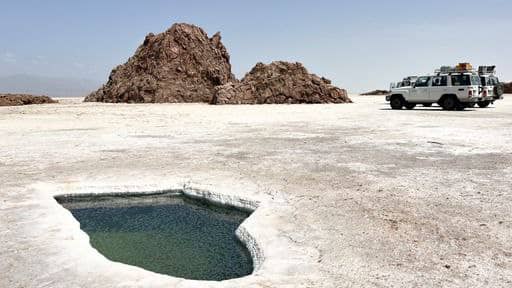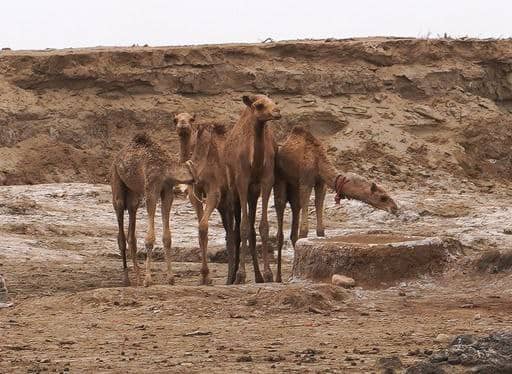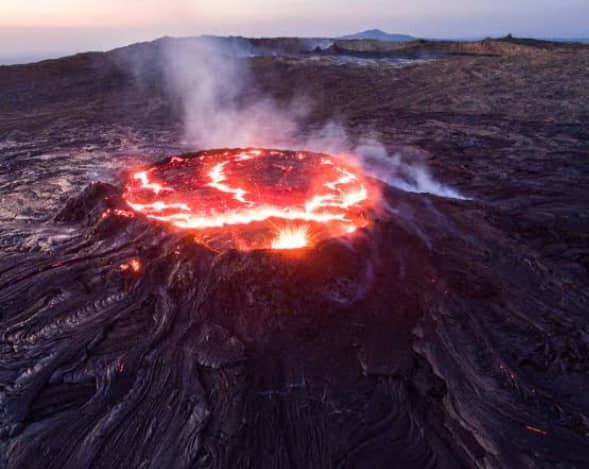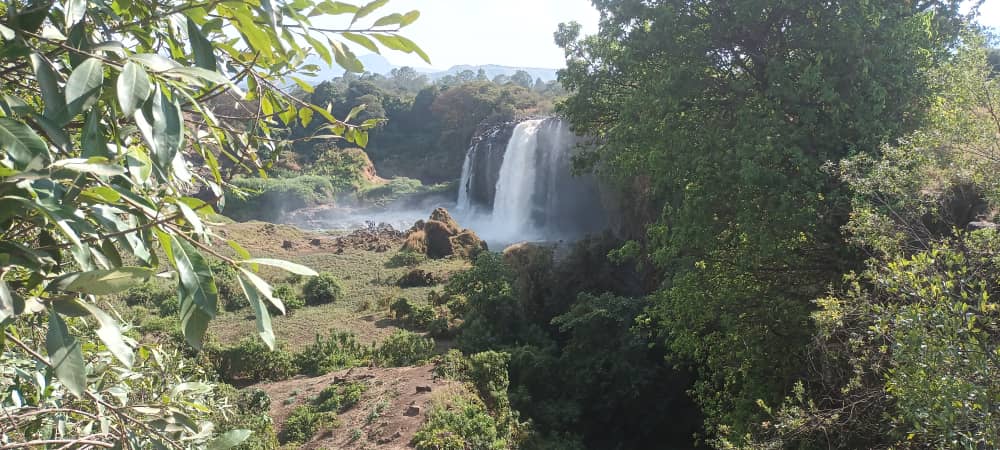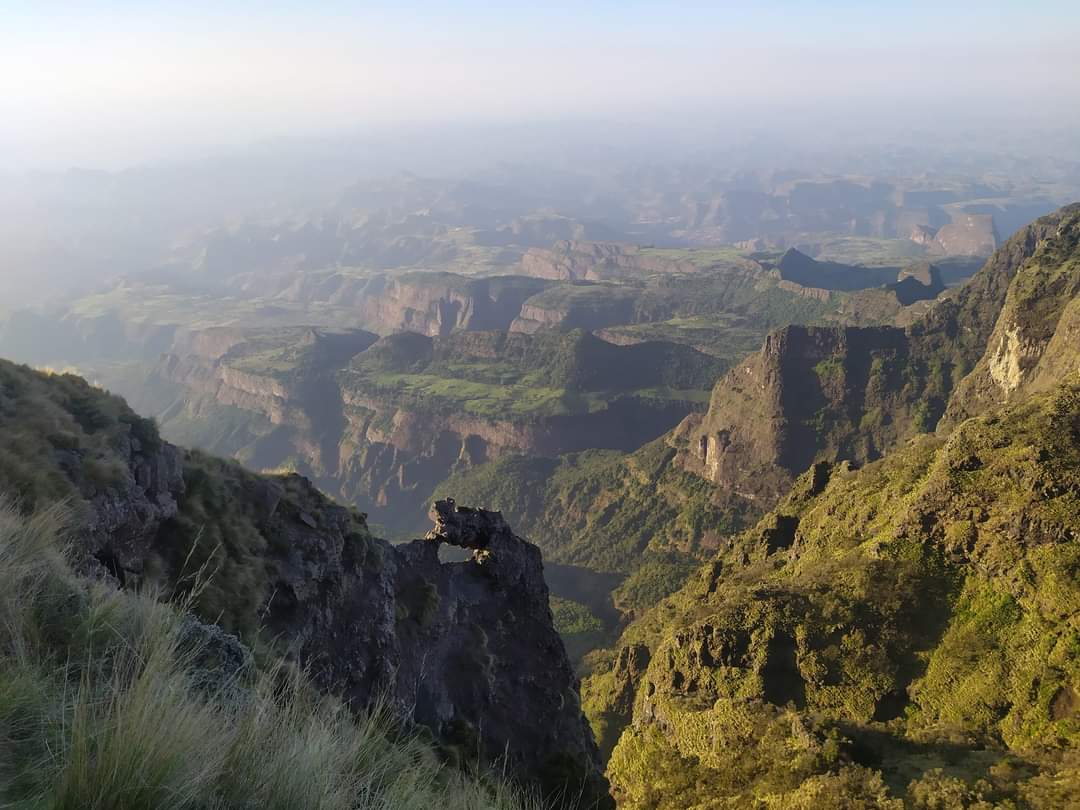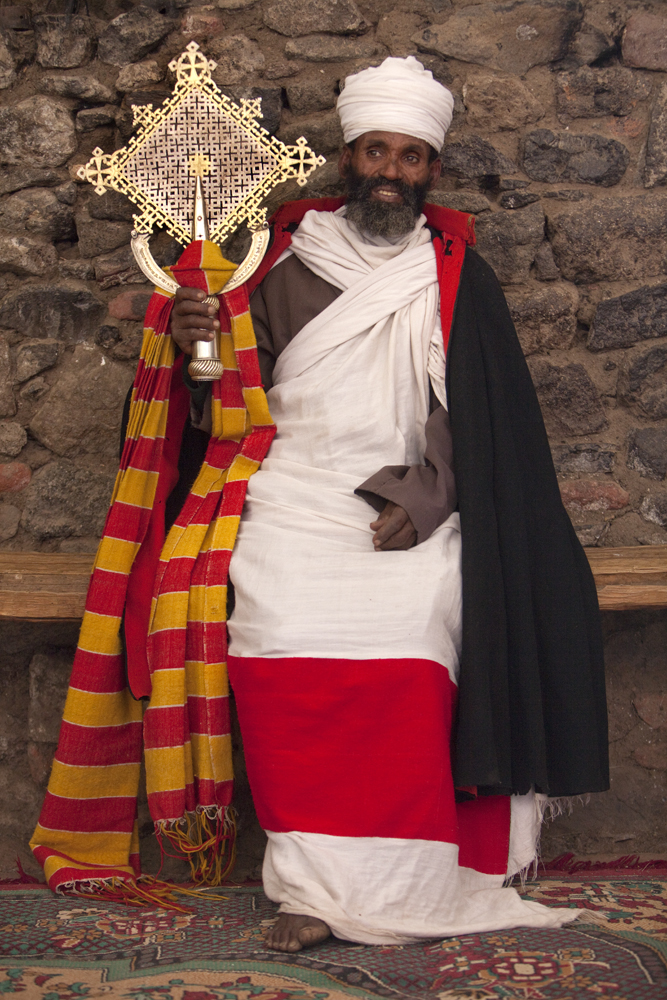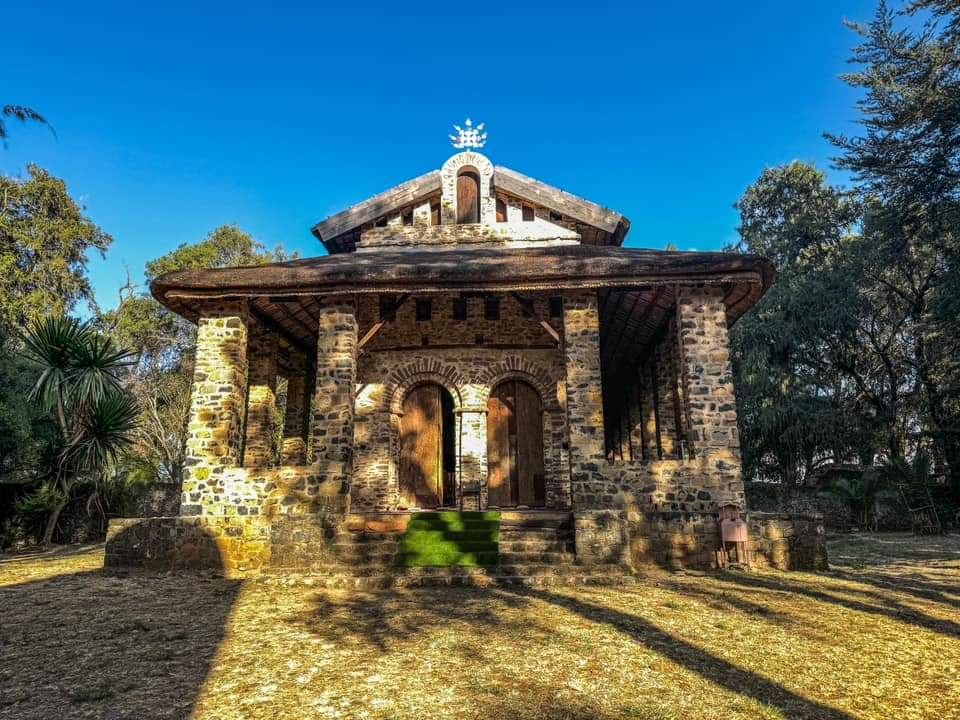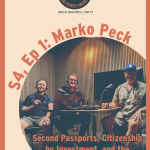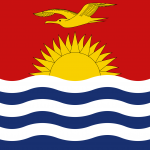YPT Tours to Ethiopia
Young Pioneer Tours are offering fully guided Ethiopia tours for 2025 and 2026, offering a mix of group tours and independent travel packages.
Ethiopia isn’t just the cradle of humanity and one of the world’s oldest Christian nations, it’s a journey through time. From ancient rock-hewn churches to active volcanoes and centuries old traditions, the country offers an experience unlike anywhere else. Still largely untouched by mass tourism, now is the perfect time to explore Ethiopia’s rustic beauty and deep history, because trust us, it won’t stay a secret for long.
Group tours to Ethiopia
Currently, we’re offering the following group tour to Ethiopia. We’re planning on adding more Ethiopia tours – keep watching this page and our social media to get all the news.
All of our group tours are capped at 16 people. What makes our tours stand out from other travel companies is that you’ll be accompanied by an expert YPT guide and the best local guides.
Explore Ethiopia & Danakil Depression Tour – 8th March 2026 – 16th / 18th March 2026 – US$995 / $2295 / $3290
This Ethiopia group tour also combines with our South Sudan Budget Tour.
Independent tours to Ethiopia
We understand that it’s not always feasible to join our scheduled group tours or that you like a more in-depth experience. We can thus offer bespoke tours to Ethiopia and arrange everything you require for an independent tour.
Example Ethiopia Tour Itinerary (8 days)
Day 1 – Addis Ababa
- Arrival at your convenience in Addis Ababa.
- Be greeted at the airport by our driver and dropped off at your hotel.
- Dinner and overnight in Addis Ababa.
Day 2 – Addis Ababa
Morning
- After breakfast at the hotel, you’ll begin exploring Addis Ababa.
- Begin a scenic drive up to the highest peak of Mount Entoto – here you’ll be able to overlook the city with its panoramic views. Beyond its scenic charm, Mount Entoto remains a peaceful retreat and a deeply spiritual place for many Ethiopians.
- Visit the National Museum and meet Lucy – the world-famous 3.2-million-year-old ancestor who offers a fascinating glimpse into human evolution.
Afternoon
- Lunch at a local spot.
- Visit the Holy Trinity Cathedral – the official seat of the Orthodox Archdiocese of Addis Ababa. A significant landmark to one of the most important religious sites in Ethiopia.
- Explore the bustling Merkato – the largest open-air market in Africa, where we can get a taste of coffee, spices, and local snacks.
- As you move through the city, you’ll pass by key monuments such as Meskel Square, the Lion of Judah, and the Yekatit 12 Memorial, each offering insight into Ethiopia’s resilience, independence, and national identity.
- Dinner and drinks at a traditional restaurant.
- Overnight in Addis Ababa.
Day 3 – Addis Ababa – Bahir Dar
Morning
- Breakfast at the hotel, followed by a transfer to the airport to board your 1-hour flight to Bahir Dar.
- Drop off your bags at the hotel and then head to Lake Tana for a scenic boat ride to explore the Zeghie Peninsula – home to some of Ethiopia’s most iconic monastic treasures.
- Visit the Azwa Mariam Monastery, nestled within a peaceful forest and known for its vibrant religious murals and traditional Ethiopian church architecture.
- Your second stop is Betre Maryam Monastery (AKA “House of Mary”) – one of the oldest and most striking churches on the peninsula.
Afternoon
- Return to Bahir Dar for lunch and then take a round-trip drive (about 70 km) to Tississat – home of the Blue Nile River, the lifeblood for the Sudanese and Egyptians.
- A short 30-minute walk brings you close to the powerful Blue Nile Falls.
- Return to town and enjoy dinner and drinks.
- Overnight in Bahir Dar.
Day 4 – Bahir Dar – Gonder
Morning
- Breakfast at the hotel.
- Begin making your way to Gonder and stopping on the way at Guzara Castle – built on a once strategic hill, where we can admire the beautiful landscape and views.
- Check into your hotel to refresh before heading out for lunch.
Afternoon
- Visit the Royal Enclosure – an ancient home of kings and queens. You’ll visit the medieval castles of King Fasilidas, King Yohannes, King Eyasu, King Dawit, King Bakafa, and Queen Mentewab.
- Explore the Debre Birhan Selassie Church – an important cultural and historic monument that plays an important role during the Ethiopian festival of Timket.
- Dinner and overnight in Gonder.
Day 5 – Gonder – Simien Mountains – Gonder
Morning
- After breakfast, you’ll hit the road toward Simien Mountains National Park, one of Africa’s most dramatic landscapes, often called the “Roof of Africa”. The Simien Mountains are a UNESCO World Heritage Site known for their jagged peaks, deep valleys, and unique wildlife.
- You’ll stop by a village once home to the Ethiopian Jews, originating in the Amhara and Tigray regions of northern Ethiopia. They were historically spread out across more than 500 villages.
Afternoon
- Lunch and then spend your afternoon hiking around Sankaber Camp to enjoy the views of the cliffs and the Jimbar Waterfalls.
- Along the way, you may encounter Gelada Baboons grazing on the highland plateaus, and with some luck, catch a glimpse of the rare Walia ibex.
- Return to Gonder.
- Dinner and overnight in Gonder.
Day 6 – Gonder – Lalibela
Morning
- Breakfast at the hotel and transfer to the airport in Gonder.
- You’ll board a flight to Lalibela, a town famous for its incredible rock-hewn churches carved directly into the mountainside.
- On arrival, transfer to your hotel to check in and enjoy a local lunch.
Afternoon
- Begin your exploration of Lalibela with a visit to the first group of rock-hewn churches. Your tour starts at Bieta Medhane Alem (Chapel of Holy Savior), the largest of all churches. And then continue to Bieta Maryam (Chapel of Mary), a beautifully designed, three-aisled church featuring mural paintings and a mysterious, covered pillar believed to contain inscriptions foretelling the end of the world.
- Visit the Bieta Danagel (Chapel of the Virgins) and Bieta Meskel (Chapel of the Cross), both smaller but rich in spiritual and historical significance. Conclude with the impressive double church of Debre Sina and Bieta Golgotha. Please note that Bieta Golgotha is not accessible to women, as it is believed to house the remains of King Lalibela and contains the Tabernacle of the Holy Trinity.
- Dinner and overnight in Lalibela.
Day 7 – Lalibela
Morning
- Breakfast at the hotel.
- Start your day hiking up to Asheton Mariam Monastery, perched high in the mountains above Lalibela. The trail itself is a scenic climb through rugged terrain and traditional villages, providing both a cultural and natural experience. At the summit, you’ll be rewarded with incredible views and a visit to one of Ethiopia’s oldest monasteries.
- Return for a well-earned lunch in town.
Afternoon
- Explore the second group of Lalibela’s rock-hewn churches. Begin with Bieta Gabriel and Raphael, then continue to Bieta Mercurios, Bieta Emmanuel, renowned for its striking Axumite architecture style, and Bieta Abba Libanos, believed to have been built by King Lalibela’s wife, Queen Meskel Kebra.
- Conclude the day with the most iconic of all – Bieta Ghiorghis (House of St. George). This stunning cruciform church is carved entirely from solid rock.
- Dinner and overnight in Lalibela.
Day 8 – Lalibela – Addis Ababa
Morning
- Breakfast at the hotel.
- Transfer to Lalibela Airport to board your 1-hour flight back to Addis Ababa.
- Upon arrival in Addis Ababa, head straight to the Ethnological Museum – a public institution dedicated to ethnology and culture. The museum houses anthropological, musicological, and cultural objects that can take you across time and visualize the life of Ethiopian people.
Afternoon
- Transfer to the airport for departure.
Bespoke Ethiopia Tours
We can offer the following bespoke programs. Should what you are looking for not be on this list, please get in touch to see if we can fix it for you.
Ethiopia in Brief
For those short on time, YPT offers a 4-day trip focusing on Addis Ababa and Lalibela. You’ll explore the capital’s lively markets, historic churches, and the fascinating National Museum – home to the famous fossil “Lucy.” Then, fly to Lalibela to witness its stunning rock-hewn churches, a UNESCO World Heritage site and one of Ethiopia’s most iconic landmarks. This short itinerary offers a rich taste of Ethiopia’s unique history, culture, and spirituality.
Omo Valley
YPT can organize a tour focusing on Ethiopia’s most unique tribal cultures in the Omo Valley. Visit the villages of the Mursi, Hamar, and Karo peoples, each known for their distinctive traditions, body art, and ways of life. This journey offers an immersive look into one of the most culturally diverse regions of Africa.
Festivals Tour
YPT can arrange a tour to experience Ethiopia’s most spectacular religious celebrations, Timket (Epiphany) or Meskel, to witness vibrant processions, traditional music, and centuries-old rituals celebrated by thousands. These festivals offer an unforgettable insight into Ethiopia’s deep-rooted Orthodox Christian traditions.
Simien Mountains Trek
Explore the rugged Ethiopian highlands on foot, where sweeping panoramas and untouched nature await. Along the way, spot extraordinary creatures like the Gelada baboon, known for its striking red chest, and the rare Ethiopian wolf, a shy predator found only in this region. This trek combines awe-inspiring scenery with exceptional wildlife encounters.
Danakil Depression
Discover one of the hottest and most otherworldly landscapes on Earth. Explore the vivid sulfur springs of Dallol, witness the glowing lava lake of Erta Ale volcano, and traverse expansive salt flats where camel caravans have journeyed for centuries. This extraordinary destination offers a surreal adventure like no other.
Ethiopian Coffee Festival
Take part in an authentic Ethiopian coffee ceremony, a time-honored ritual that celebrates community and connection through the preparation and sharing of coffee. This experience offers a genuine insight into Ethiopia’s rich cultural heritage and social traditions.
School Trips to Ethiopia
We offer bespoke student and school trips to Ethiopia tailored to curriculum themes such as ancient civilizations, religious studies, anthropology, and environmental science. Programs can include visits to rock-hewn churches in Lalibela, talks with local elders, archaeology workshops, and guided treks through the Simien Mountains or the Rift Valley. Suitable for both schools and universities, we take care of all logistics, safety, and permits, crafting immersive educational journeys in one of Africa’s most culturally and historically rich destinations. Every itinerary is fully customisable to match academic goals, age groups, and specific fields of study.
Filming in Ethiopia Tour
Through our media arm, Pioneer Media, we can make arrangements for productions, journalists, or others to film within Ethiopia, from big-budget to guerrilla productions. We can also arrange meetings in the country, as well as correct visas for journalists wishing to do projects within Ethiopia.
Frequently Asked Questions About Travel to Ethiopia
Ethiopia FAQs
GALLERY
